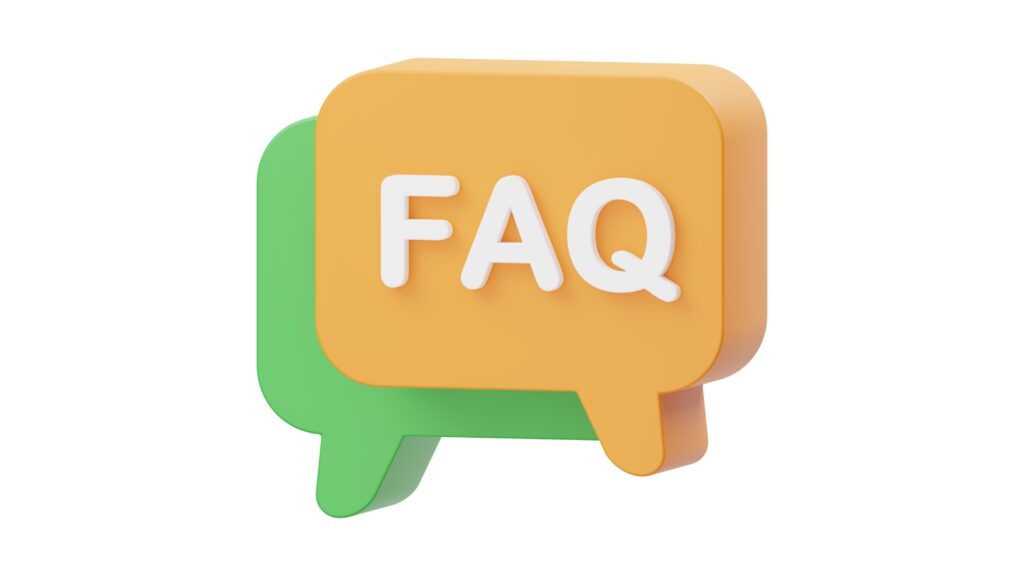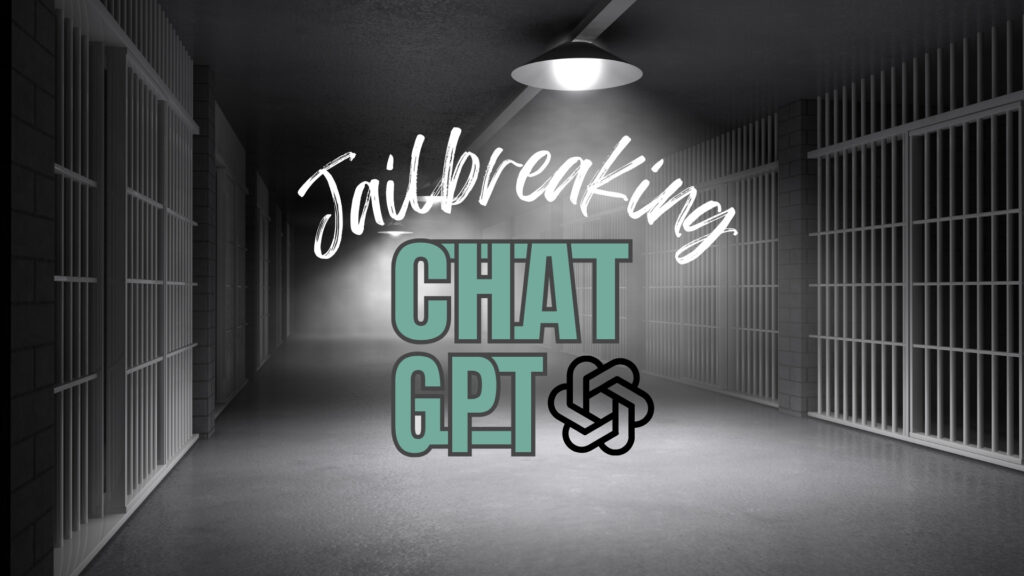Introduction
Jailbreaking is when users bypass restrictions set by manufacturers to run custom software on their devices. In the realm of artificial intelligence, specifically in relation to OpenAI‘s ChatGPT, the term ‘jailbreaking’ denotes the alteration of the AI to circumvent the functional limitations imposed by OpenAI.
This could mean letting the AI access external information. It could also involve running code that is not authorized. Additionally, it could involve performing tasks that the AI is not typically capable of.
The idea of jailbreaking ChatGPT appeals primarily because it suggests the possibility of greatly expanding the AI’s usefulness or integrating it into applications in ways that are currently restricted.
A jailbroken ChatGPT can access internet information, provide live updates, and use extra tools to be more interactive and responsive. This goes beyond what it can do officially.
However, this exploration comes with a myriad of risks, including the potential for creating security vulnerabilities, ethical issues, or even legal ramifications. These modifications could inadvertently expose users to data breaches or allow the AI to generate harmful or misleading content.
Doing these actions typically violates OpenAI’s rules. Users could face legal consequences if they attempt to jailbreak the AI.
Understanding the implications of jailbreaking ChatGPT is crucial not only for adhering to legal and ethical standards but also for maintaining the integrity and reliability of the AI.
It raises significant questions about the balance between technological innovation and responsible usage, emphasizing the need for clear guidelines and safeguards in the rapidly evolving field of artificial intelligence.
Understanding Jailbreak ChatGPT
The concept of “jailbreaking” ChatGPT delves into the realm of modifying this advanced AI to remove or alter the restrictions set by its developer, OpenAI.
This type of modification is intended to enhance the capabilities of ChatGPT beyond its default settings and uses. This can involve giving the model access to external data sources or enabling features that are normally limited.
Jailbreaking can be tempting because it promises a version of ChatGPT that might perform new or more complex tasks, such as real-time data processing, integration with unauthorized software, or handling of customized tasks that go beyond standard responses.
For instance, a jailbroken ChatGPT could potentially serve as a more interactive assistant capable of fetching live updates or incorporating user-specific tools and databases into its responses.
However, the process involves significant technical challenges and risks. To work effectively with AI technology, you need to understand the AI architecture and the software that controls it. This means navigating through complex programming environments and possibly dealing with copyright or proprietary technologies. This involves navigating through intricate programming environments and potentially dealing with copyright or proprietary technologies.
From a risk perspective, modifying ChatGPT could lead to unstable behavior, security vulnerabilities, or the production of outputs that could be unethical or illegal.
Furthermore, such modifications could also breach the ethical considerations set by OpenAI, aimed at ensuring that the AI operates safely and responsibly.
These include safeguarding user privacy, preventing the AI from generating harmful content, and adhering to regulatory standards that might apply to AI technologies.
The implications of jailbreaking ChatGPT are vast, encompassing not just technical and operational issues, but also broader societal and ethical concerns.
Potential Motivations
The motivations for jailbreaking ChatGPT stem from a desire to harness and extend the capabilities of the AI beyond the constraints imposed by OpenAI.
People and companies may want to access additional features that are not in the standard model. These features include integrating AI with their own systems, fetching real-time data, and customizing responses. The purpose is to meet specific needs and contexts that the original model does not support.
For developers and tech enthusiasts, the challenge and technical prowess involved in modifying sophisticated AI systems like ChatGPT can also be a driving factor.
They might pursue jailbreaking as a means to experiment with AI technology, push the boundaries of machine learning models, and explore the potential of neural networks in novel and innovative ways.
In commercial settings, the push to jailbreak may come from the need to create a competitive advantage by offering unique services or features that differentiate a product in the market.
This could involve tailoring ChatGPT to deliver specialized assistance, automate specific business processes, or enhance customer interactions in ways that standard AI implementations do not permit.
If you want to jailbreak ChatGPT, consider the legal, ethical, and security risks. Thinking about these risks before proceeding is important.
Associated Risks
However, this comes with significant risks. From a security perspective, jailbreaking ChatGPT can expose both the AI and its users to increased vulnerability to attacks or misuse.
Ethically, it could lead to the generation of harmful, biased, or misleading information. Legally, tampering with the software could breach OpenAI’s terms of service and violate copyright laws.
Addressing the Issues
The risks associated with jailbreaking ChatGPT are multifaceted, encompassing security, ethical, and legal dimensions. From a security standpoint, unauthorized modifications could compromise the integrity and reliability of the AI, making it susceptible to malicious exploits or unintended behaviors.
Such vulnerabilities might expose users’ data to theft or misuse, particularly if the AI is integrated into larger, sensitive systems.
Ethically, jailbreaking ChatGPT raises serious concerns. It could potentially lead to the AI generating inappropriate, biased, or harmful content without the safeguards normally in place to filter or prevent such outputs.
This might result in damaging social consequences or personal harm, undermining public trust in AI technologies.
Legally, modifying ChatGPT without permission can breach OpenAI’s terms of service and infringe on intellectual property rights. Users engaged in such activities might face legal action from OpenAI, including but not limited to lawsuits or bans from using their services.
Additionally, if a jailbroken AI were to cause harm, the individuals responsible for its modification could be held liable for damages, further emphasizing the importance of adhering to legal and ethical standards.
Each of these risks underscores the necessity for careful consideration and adherence to established norms and regulations when developing or deploying AI technologies.
Engaging in jailbreaking not only jeopardizes the operational stability of ChatGPT but also poses broader societal risks that could stifle innovation and public acceptance of AI advancements.
Step-by-Step Guide on Using ChatGPT Responsibly

Using ChatGPT responsibly involves understanding its capabilities and limitations, and implementing best practices to ensure safe, ethical, and compliant usage. Here’s a step-by-step guide to help individuals and organizations achieve this:
- Learn the Guidelines: Familiarize yourself with OpenAI’s usage policies, ethical guidelines, and technical capabilities of ChatGPT. Understanding these rules is crucial to ensure compliance and ethical usage.
- Secure API Usage: If you’re integrating ChatGPT via OpenAI’s API, ensure that your application implements robust security measures such as encryption for data transmission and secure authentication mechanisms. This helps protect user data and prevents unauthorized access.
- Monitor and Audit: Regularly monitor the interactions with ChatGPT to detect and address any inappropriate usage or outputs. Setting up audit trails can help track usage patterns and identify potential breaches or misuse.
- Educate Users: If ChatGPT is being used in your organization, make sure all users are aware of the proper and improper ways to use the AI. Education should cover both practical tips on interacting with the AI and ethical considerations.
- Adapt and Update: AI technology and policies around it evolve. Keep your practices and policies up-to-date by staying informed about the latest developments in AI ethics and technology. Adjust your use of ChatGPT as needed to align with these changes.
- Feedback Mechanisms: Implement mechanisms to collect feedback from users about their interactions with ChatGPT. Use this feedback to improve how the AI is deployed and managed in your environment.
- Report Concerns: Encourage users to report any technical or ethical issues encountered while using ChatGPT. Prompt reporting can help address potential problems before they escalate.
By following these steps, you can harness the capabilities of ChatGPT effectively while maintaining a commitment to ethical standards and legal compliance. This proactive approach not only enhances the benefits drawn from using AI but also mitigates risks associated with its deployment.
FAQs on Jailbreaking ChatGPT

- What is jailbreaking ChatGPT?
- Modifying ChatGPT to bypass OpenAI’s restrictions.
- Is it legal to jailbreak ChatGPT?
- Likely violates OpenAI’s terms and could have legal consequences.
- Why would someone jailbreak ChatGPT?
- To gain unauthorized functionalities or access.
- What are the risks of jailbreaking ChatGPT?
- Security vulnerabilities, ethical breaches, and legal issues.
- Can jailbreaking improve ChatGPT’s performance?
- It might unlock certain features but at significant risk.
- How to enhance ChatGPT’s capabilities legally?
- Use OpenAI-approved APIs and extensions.
- What to do if someone has jailbroken ChatGPT?
- Report to OpenAI for further action.
- Are there ethical concerns with jailbreaking ChatGPT?
- Yes, including potential harm or misuse.
- Can I customize ChatGPT without jailbreaking?
- Yes, through official tools and APIs.
- Where can I learn about safe AI practices?
- Consult resources from OpenAI and other reputable AI ethics bodies.
Conclusion
In conclusion, while the allure of “jailbreaking” ChatGPT might tempt some to push the boundaries of what AI can do, it’s fraught with potential risks and consequences.
From ethical dilemmas and security vulnerabilities to legal implications, the ramifications of altering AI capabilities beyond their intended scope cannot be understated. Users should use the tools and extensions provided by developers to improve functionality. They should not try to bypass the safeguards in place.
Adhering to these guidelines ensures that AI technologies like ChatGPT are used responsibly and sustainably, fostering innovation within ethical and legal frameworks. This approach not only protects users but also promotes a healthy advancement of AI technologies in society.


Pingback: Unlocking ChatGPT: Your Guide to Jailbreak ChatGPT